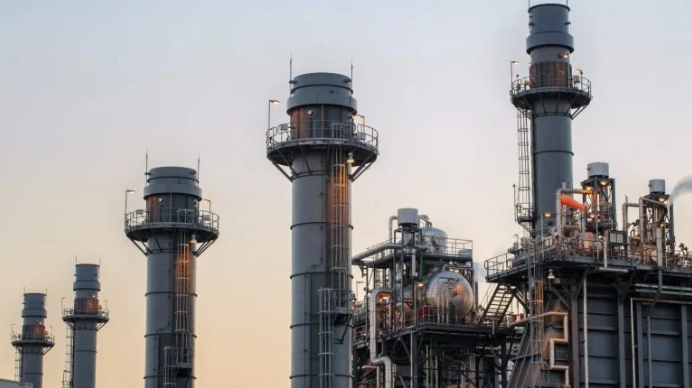
The German Government has announced plans to put 5GW of hydrogen-ready (H₂-ready) gas power plants and 2GW of “comprehensive H₂-ready modernisations” out to tender by the beginning of 2025 as part of its renewable energy drive.
Under the Power Plant Safety Act, coordinated with the European Commission, the power plants will need to switch to green or blue hydrogen operation in accordance with the National Hydrogen Strategy by their eighth year of operation.
The transition from gas to 100% hydrogen for these plants is expected to occur between 2035 and 2040, with a definite date set to be determined in 2032.
In a press statement, Germany’s Ministry for Economic Affairs and Climate Action (BMWK) said that the investment cost of moving from gas to hydrogen will be subsidised for 800 full-time hours of use per year.
In addition to the hydrogen components, the government’s plan includes 5GW of tender for new gas-fired power plants, which will “contribute to security of supply, particularly during periods of low demand”. This will help the country transition to a “technology-neutral capacity mechanism” that will be operational from 2028.
The “capacity mechanism” is a measure an EU member state can implement to create a market in which companies are paid to keep backup plants on standby, allowing plants to generate electricity by demand. The payments are in addition to the profit the plants make when they sell electricity to the market.
Deputy Chancellor and Minister of BMWK, Robert Habeck, said: “In this way, we are making the electricity system fit for high proportions of renewable energies and are also providing additional security for times when there is little wind and sun.”
According to calculations by the Centre for Solar Energy and Hydrogen Research Baden-Württemberg, renewables contributed 52% of Germany’s electricity consumption in 2023, up from 46% in 2022.
In February, the German Government agreed to provide €16bn ($17.3bn) worth of subsidies for the construction of 10GW of hydrogen-ready gas-fired power plants. This figure has now been downsized to 7.5GW.
The subsidies for the programme will be sourced from Germany’s €212bn Climate Transformation Fund.